Bring a Speaker to Your Event
Bring one of the featured speakers or the producer to your event. Hear their first-hand experiences of antisemitism and marginalization. We’ll connect you with the speaker of your choice.
Documentary • 2022 • 17 minutes • English w/English subtitles
Everyone knows that Israel is a tough subject, but something has been changing recently. In the past, Jewish students were openly attacked for defending Israel but now they are being marginalized from progressive spaces just for being Jewish.
Suddenly groups that are fighting for human rights, civil rights, climate change and other causes no longer want to include Jewish students.
As our lives have moved into digital spaces, so has this marginalization.
Dive into this reality by hearing first-hand accounts of what students — and influencers like Blake Flayton, Peter Fox and Julia Jassey — are experiencing today.
It’s not just their story, it’s yours too.
Host a screening of the film in your community, or at your high school or campus, or join the waitlist to be notified when you can watch the film online.
Unsafe Spaces is available for screenings at your campus or school or in your community.
With sign-up you will receive the following:
*Qualifying campus organizations can apply for a screening event grant of up to $250
Want to screen the film but have a few questions? Find your answer with our screenings FAQs
Unsafe Spaces features the voices of Jewish activists working to combat antisemitism and to create an inclusive community for everyone.
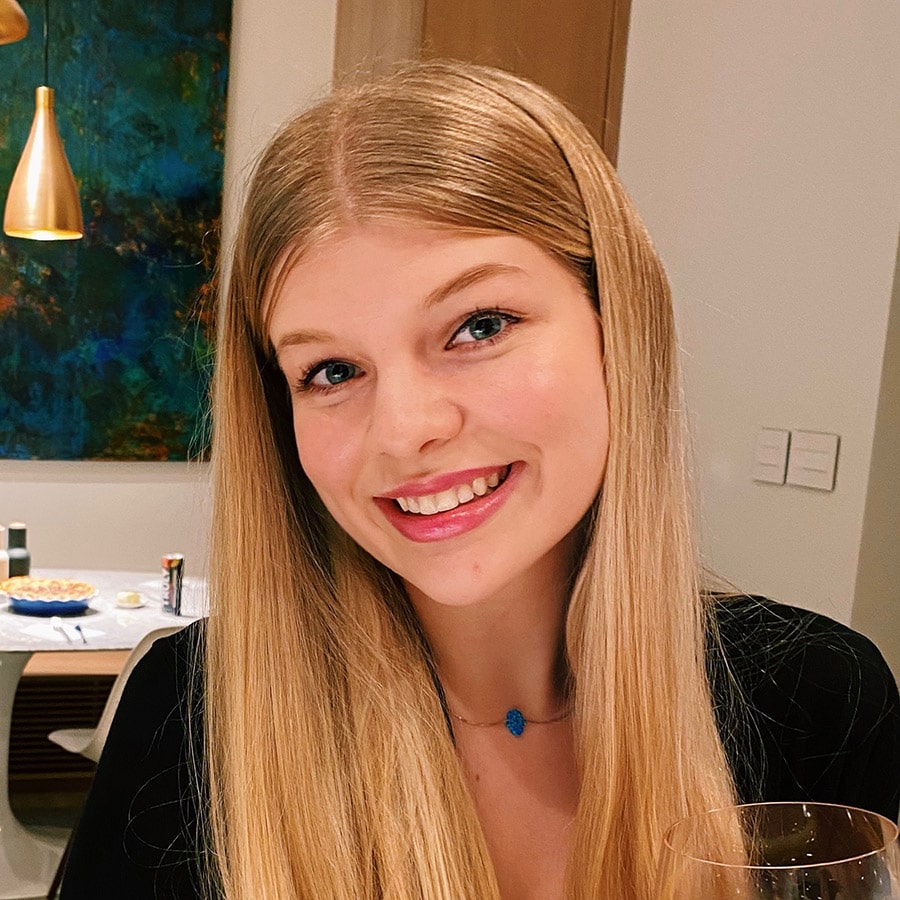
Abigail Adams is from Charlotte, NC and attends UNC Chapel Hill ‘24 as a Pogue Scholar and Honors student. She studies Political Science, Public Policy, and Conflict Management. She has battled antisemitism throughout her life, and cofounded Why I Wear My Star, an international initiative to showcase Jewish pride. She revitalized and is president of Heels for Israel, and is highly involved in student government, diversity, equity, and inclusion work, and political organizing.
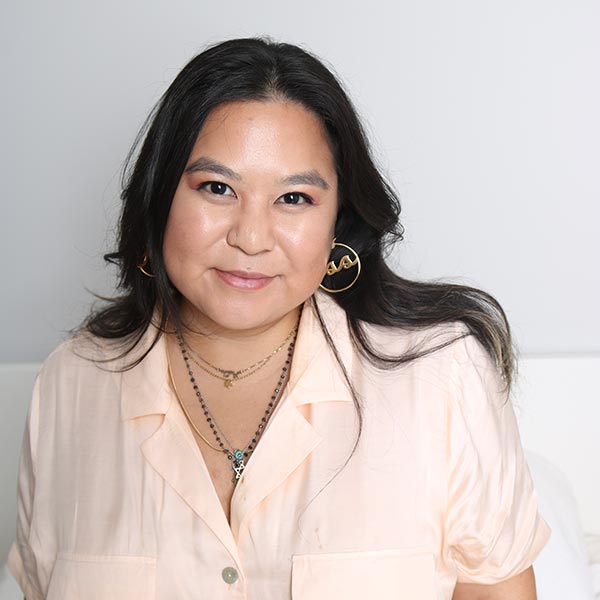
Amy Albertson is a Jewish advocate and educator from California. While living in Israel for six years, she created the Instagram account "The Asian Israeli", where she cataloged her experiences as a Chinese-American Jewish woman. Through her explorations of her own identity, Amy empowers young Jews to be unapologetically Jewish, both online and in their everyday lives. Currently, she is a digital producer at The Tel Aviv Institute.
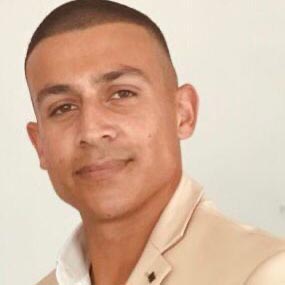
Yirmiyahu Danzig is an Israeli activist for Jewish and Indigenous rights, as well as for improving relations between Jews and Arabs. A writer and speaker, he specializes in Jewish diversity, history, and identity and is of Caribbean, Ashkenazic, and Palestinian Jewish descent. He served as a squad commander in a counter-terrorist unit of the Israeli Border Police and is currently director of education for the Herut Movement and a digital producer for the Tel Aviv Institute.
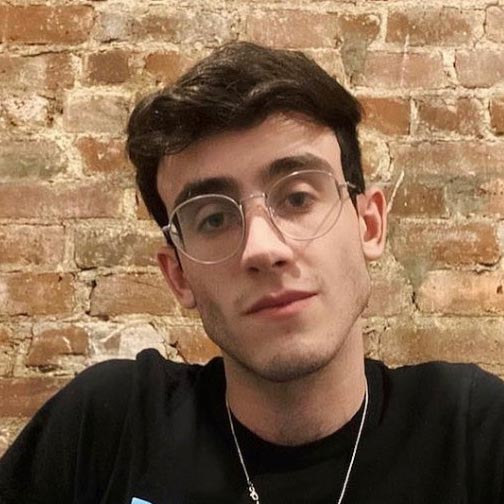
Blake Flayton is a recent graduate of George Washington University currently living in New York City. He writes as a weekly columnist for the Jewish Journal and is the co-founder and executive director of the New Zionist Congress, a new non-profit which seeks to empower the next generation of pro-Israel leaders through education and advocacy.
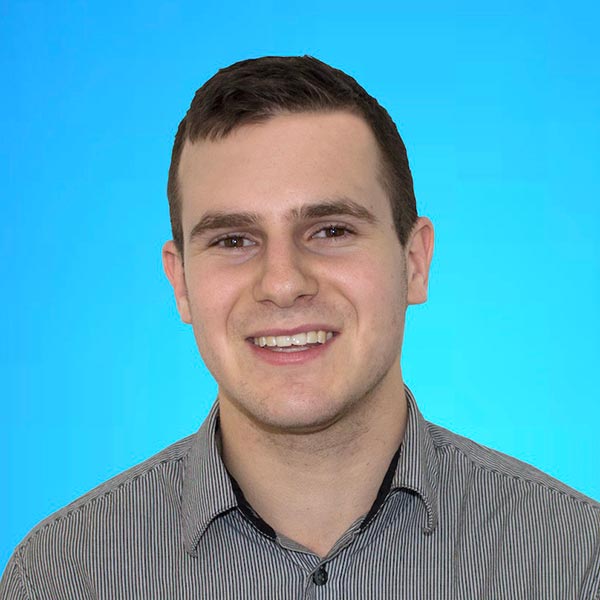
Peter Fox is a social commentary writer whose work has appeared in Teen Vogue, The Washington Post, CNN Opinion, Newsweek, The Forward, and The Jerusalem Post. He currently serves on the American Jewish Committee's ACCESS New York board and the Anti-Defamation League's Glass Leadership Institute of New York/New Jersey for 2021-2022.
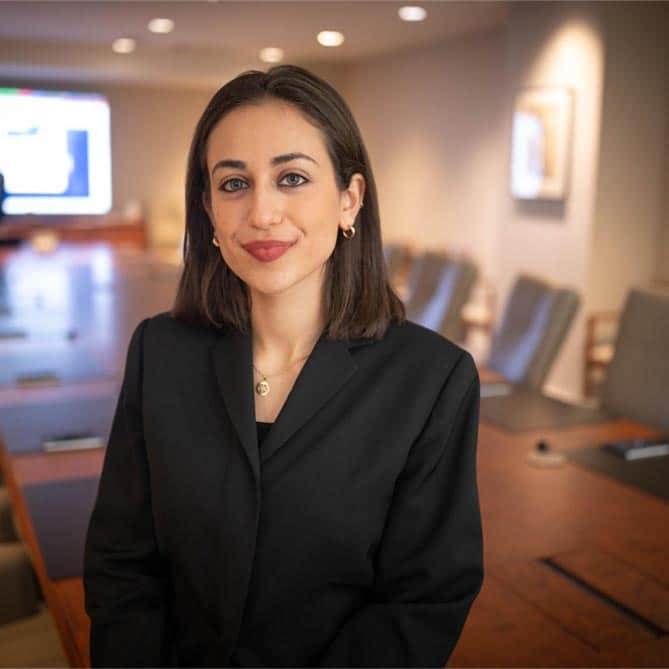
Julia Jassey is the co-founder and chief executive officer of Jewish on Campus. She leads a team of thirty staff from around the world as they respond to growing levels of antisemitism on college campuses and beyond. Julia proudly serves as a Brume and Allen Scholar at the American Sephardi Federation and is the host of the “Nice Jewish Girls” podcast. Julia is a student at the University of Chicago, where she has conducted Social Science Research.
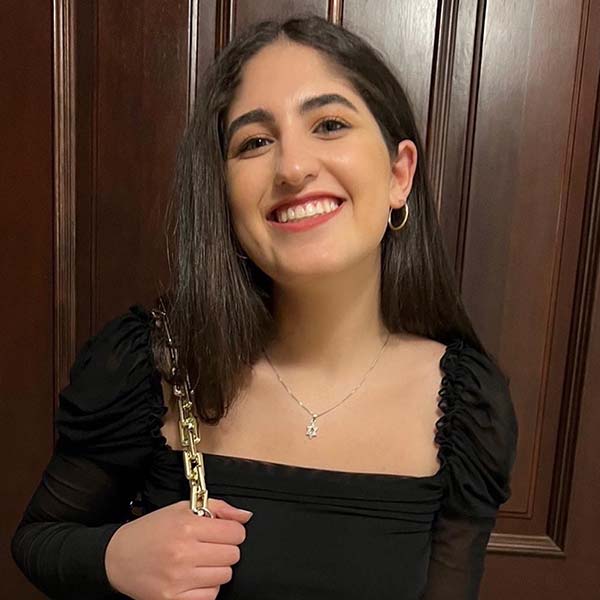
Originally from NYC, Shir Levy comes from an Israeli household with mixed Persian and Polish backgrounds. Her pro-Israel activism started in high school as a StandWithUs intern. Since then, Shir has been involved in Jewish life on campus and has been proactive in combatting antisemitism, hosting a major event with Congressmen and Special Envoys. Shir has a BS in International Affairs and economics, with a minor in psychology, magna cum laude, from GWU.
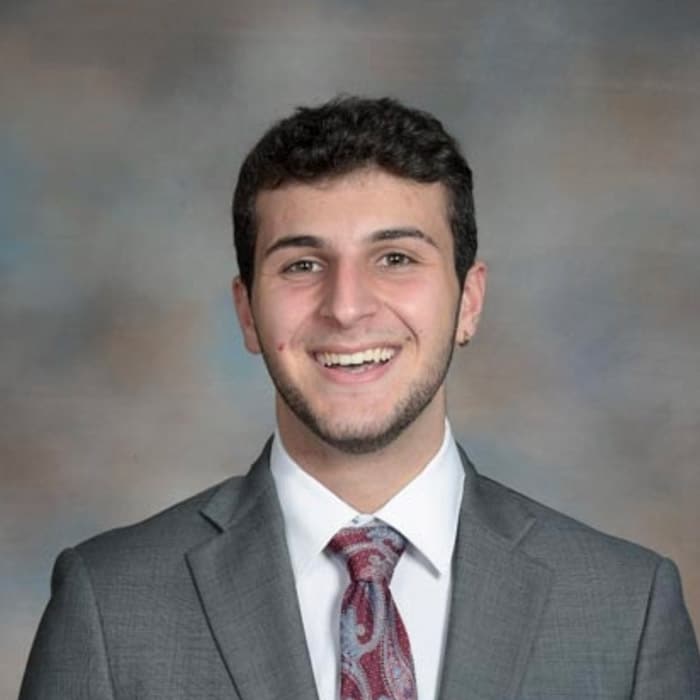
Josh Moussa is a student at George Washington University studying International Affairs. Josh has spent his whole life involving himself in his Jewish communities and is a strong advocate for Jewish issues in politics. He spent the 2020-2021 academic year in Israel studying and interning as well as gaining perspective on the Middle East regional conflicts.
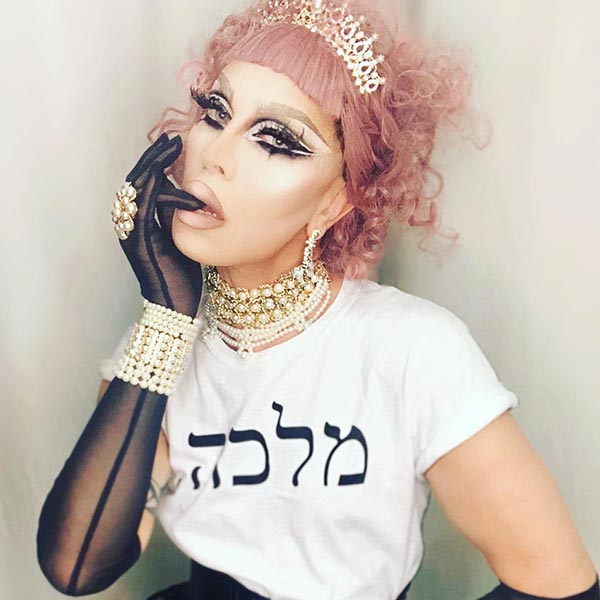
The Empress Mizrahi, aka Matthew Nouriel, is a non-binary content creator of Iranian Jewish descent living in Los Angeles, California. In recent years, The Empress Mizrahi has been using their voice to passionately advocate and fight for the causes they believe in, namely LGBTQ+ rights and equality within the Iranian and Jewish communities, and combating antisemitism, using their social media as a means to reach those who relate to their perspective and lived experiences.

Tova Ricardo is an award-winning poet, writer, and content creator. As a Black Jewish professional invested in Torah, Israel advocacy, and uplifting cultural diversity in Jewish communities, Ricardo's advocacy and writing has been featured by Hillel International, Jewish Journal, Jewish Federations of North America, and UJA-Federation of NY. Ricardo also served as the 2015 Oakland Youth Poet Laureate and is a digital producer at the Tel Aviv Institute.
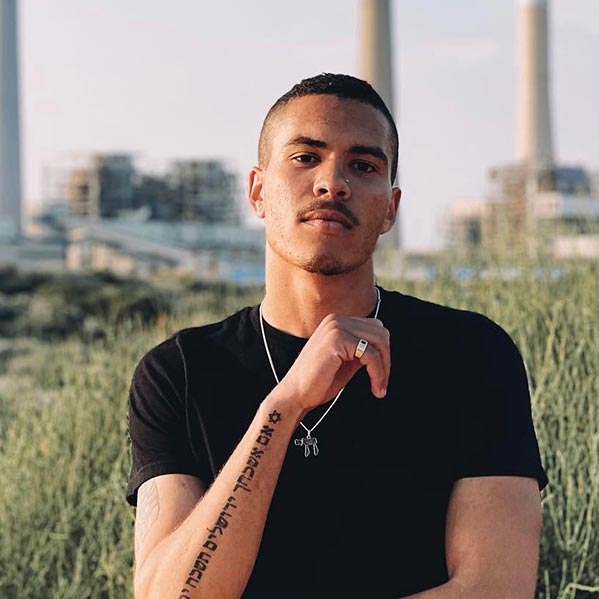
Noah Shufutinsky is a recent graduate of The George Washington University where he earned his BA in Judaic Studies. Noah is also known by his stage name, Westside Gravy. As an artist he fuses his passion for Jewish culture and history with his lived experience of growing up Black and Jewish across the US to write and produce hip hop. Through his songs, Westside represents his roots and illustrates the importance of using art to communicate the history of his people.
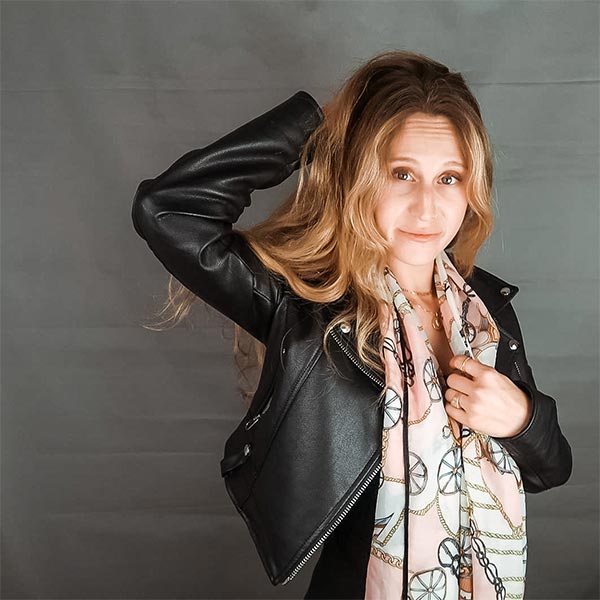
Hallel Silverman is an American-born, Israeli-raised digital activist, content creator and blogger located in Tel Aviv. With nearly a decade in Israel Advocacy, Hallel has created and executed content for dozens of major organizations, and has been a leading voice online for progressive Zionism. She is an associate at the Tel Aviv Institute.
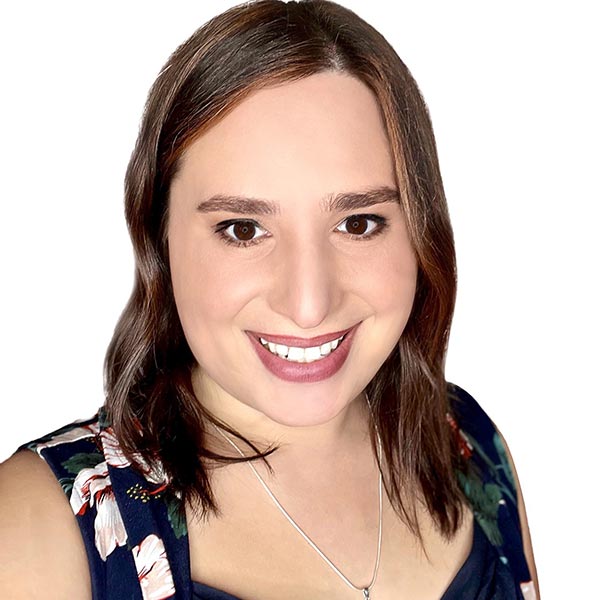
Hannah Simpson (she/היא) is a nationally-known writer and speaker on transgender identity who believes not hiding her past might help others to stop hiding their futures. Hannah starts conversations about queer issues and their intersections with Judaism at schools, businesses, houses of worship, and even military bases. Her writing has been published by Refinery29, the Guardian, NBC News, and Moment Magazine, among others.
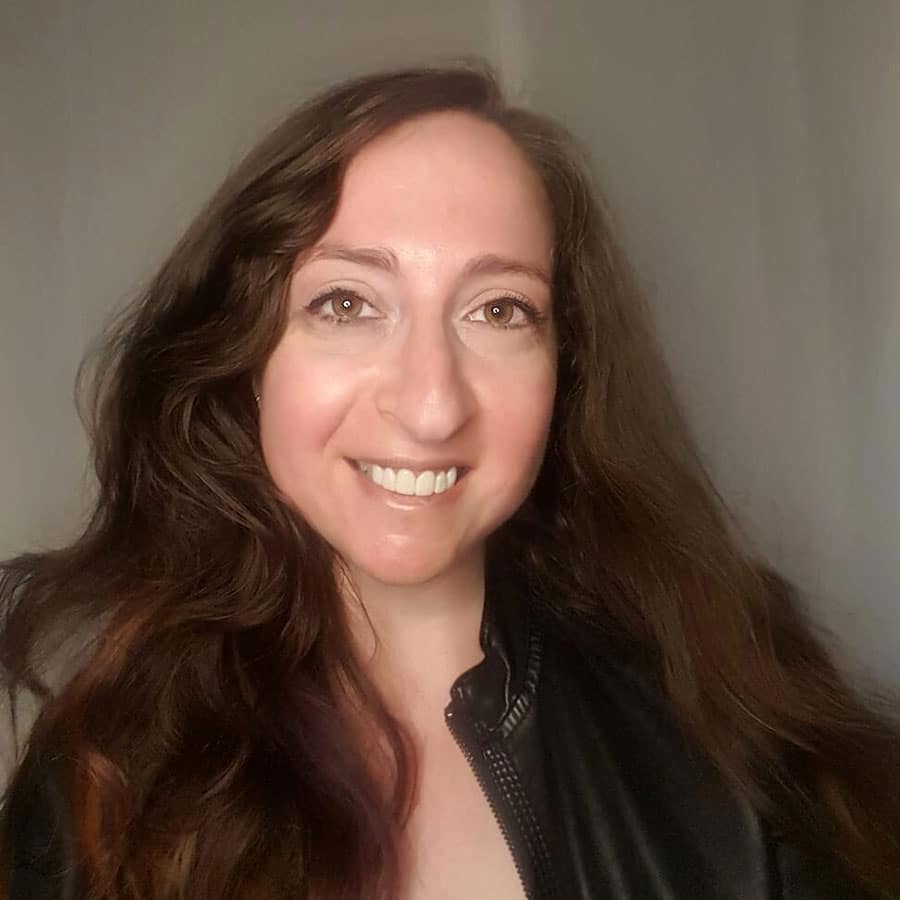
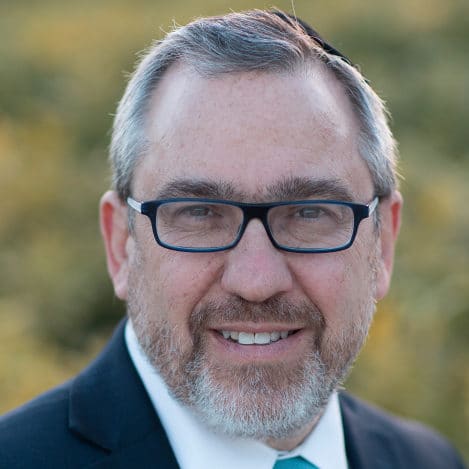
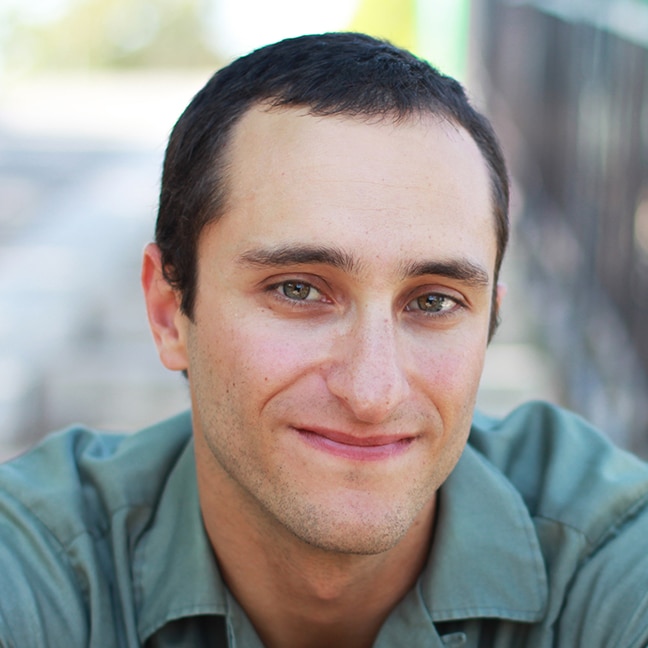

Bring one of the featured speakers or the producer to your event. Hear their first-hand experiences of antisemitism and marginalization. We’ll connect you with the speaker of your choice.
Executive Producers
Michael Staenberg, Doctor Bob, Kam Babaoff, Peter Friedmann, Shmuel Katz, Debra Klein, Barry Skolnick, Robert Israel Lappin, z’l, Adam Milstein, Larry A. Mizel, Avi Naider
Co-Executive Producer
Amy Holtz
Marc Shmuel Levine
Gold Level Sponsors
Blavatnik Family Foundation
Lily & Kam Babaoff
Eva & Peter Friedmann
Evelyn & Shmuel Katz
Robert I. Lappin Charitable Foundation
Adam & Gila Milstein Family Foundation
The Shillman Foundation
Skolnick Family Charitable Trust
Walder Foundation
Silver Level Sponsors
Jessica & Brian Anav
Beth & Andrew Fromkin Family Foundation
Francine Gani
Hyman Jebb Levy Foundation
Saidoff Foresight Foundation
Bronze Level Sponsors
Rachel & Danny Hoisman
In memory of Ruth Kornbluth
Partner Level Sponsors
Danielle & Steven Kupferman
You don’t need to sit alone!
These campus organizations are committed to helping you find community and support.
If you have experienced an antisemitic incident on your campus, you can report it here.
For more information on the topic of antisemitism on college campuses, check out the book “Conspiracy U” by Scott Shay.
This frequently asked questions section will help you learn more about screening Unsafe Spaces. If you have any additional questions, email us! We’d love to hear from you, marketing@jewishunpacked.com
How long is the film?
Runtime: ~17 minutes
How do we access the film?
Once a screening is booked, you will receive a unique login to a website where the film, moderator guide and marketing resources will be available for download.
How much does it cost to screen the film?
Screening licenses depend on the type of screening you are hosting:
Community screening licensing price: $50
Educational screening licensing price: $50
Campus screening licensing price: $0
Is the film appropriate for elementary age kids?
The film is designed for middle school, high school and up. There are elements that may be lost on younger kids but there is nothing inappropriate or scary.
I want to run a virtual event, how does that work?
While we do not recommend screening this film virtually as Zoom or similar platforms are not optimized for streaming films you can stream the file at your virtual event directly from your computer. To find out when the film will be available on streaming platforms, join the waitlist.
I want to bring a speaker, how does that work?
To bring a speaker, fill out the speaker form and select which speaker you’d like to have join your event. The form will email the speaker directly. Please note that speaking fees must be negotiated directly with the speaker.
I want to run a program around the film, do you offer programming resources?
Yes, the moderator guide will include a number of resources to facilitate meaningful conversation around the film.
I don’t belong to a campus organization, how can I bring this film to my campus?
We’d love for you to screen the film on your campus. Please fill out the form and select “other” in the organization drop down menu.
What’s the difference between a campus screening and a community screening?
A campus screening is for university students only. A community screening is for the greater community and includes adults and students.
Am I allowed to charge admission for the screening?
Yes, you may charge a fee for screening the film in your school, campus or community.
Am I allowed to upload the film to my social media account?
No, you are not allowed to upload the film to any digital platform. Anything uploaded will be removed and flagged for copyright infringement.
How many times can I screen this film?
You may screen this film a single time only.
Am I allowed to use the grant to pay for refreshments?
Yes, you may use the grant to pay for refreshments, but please note that in order to receive the grant, you must submit receipts after the film screening.